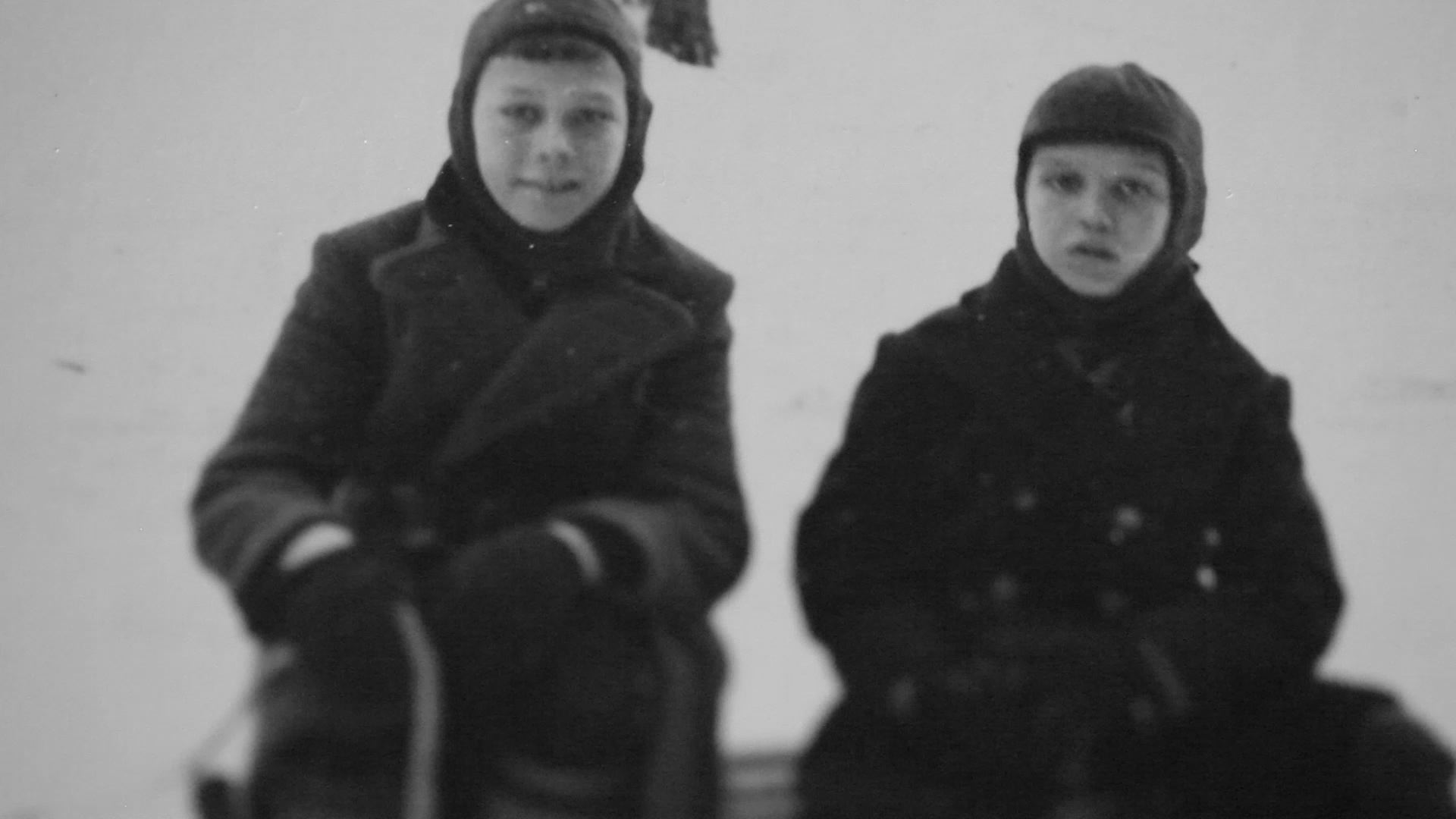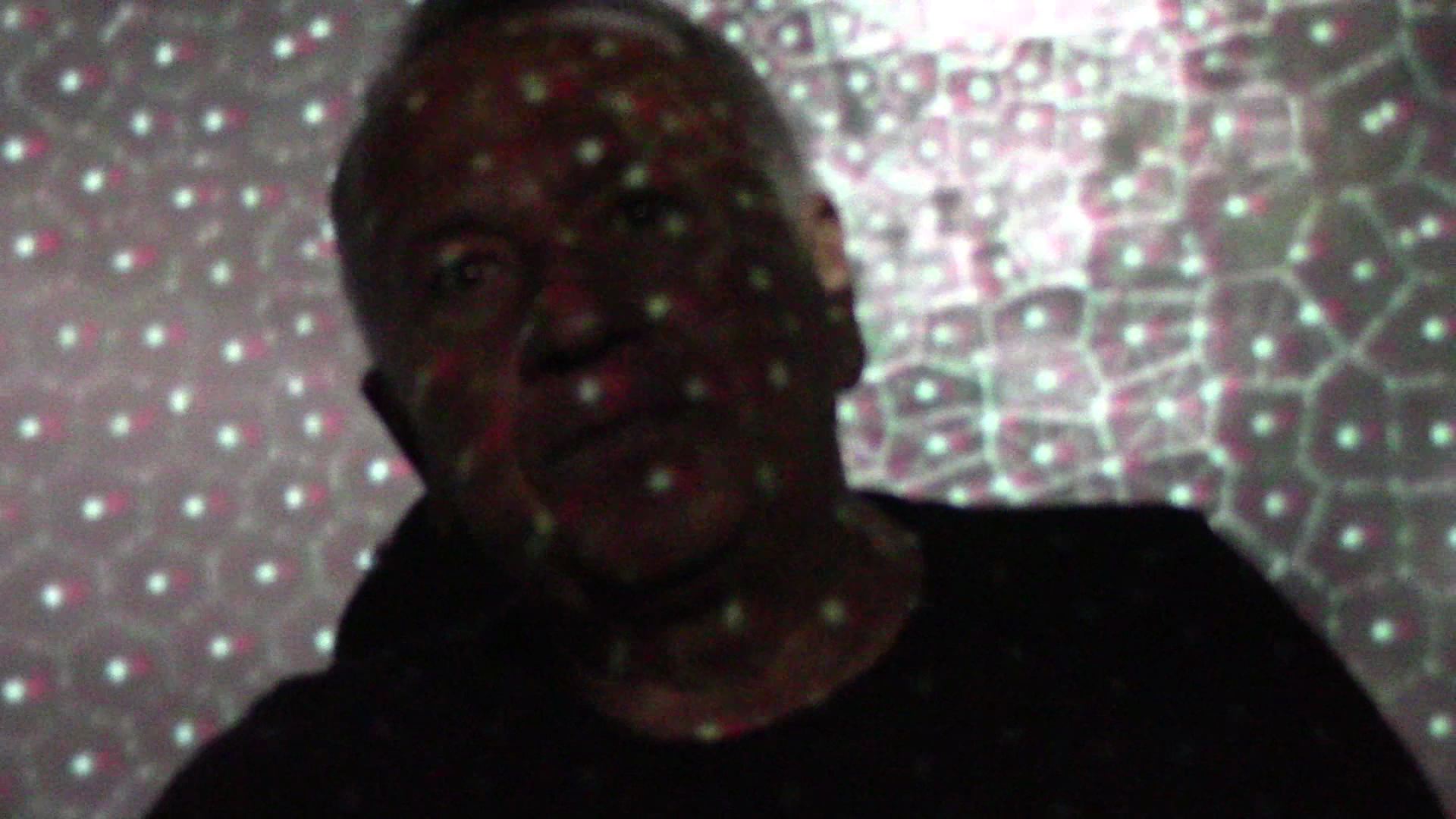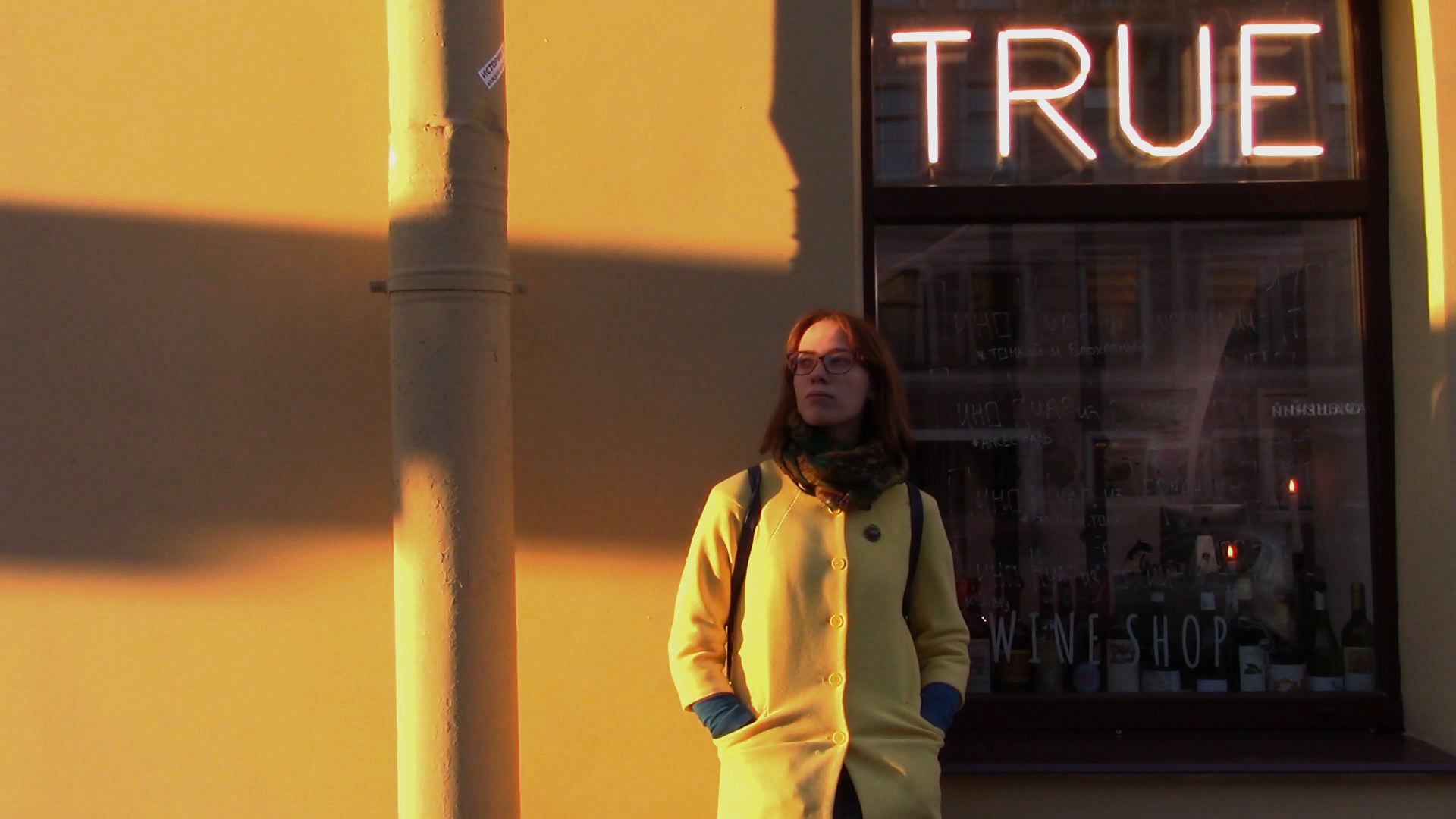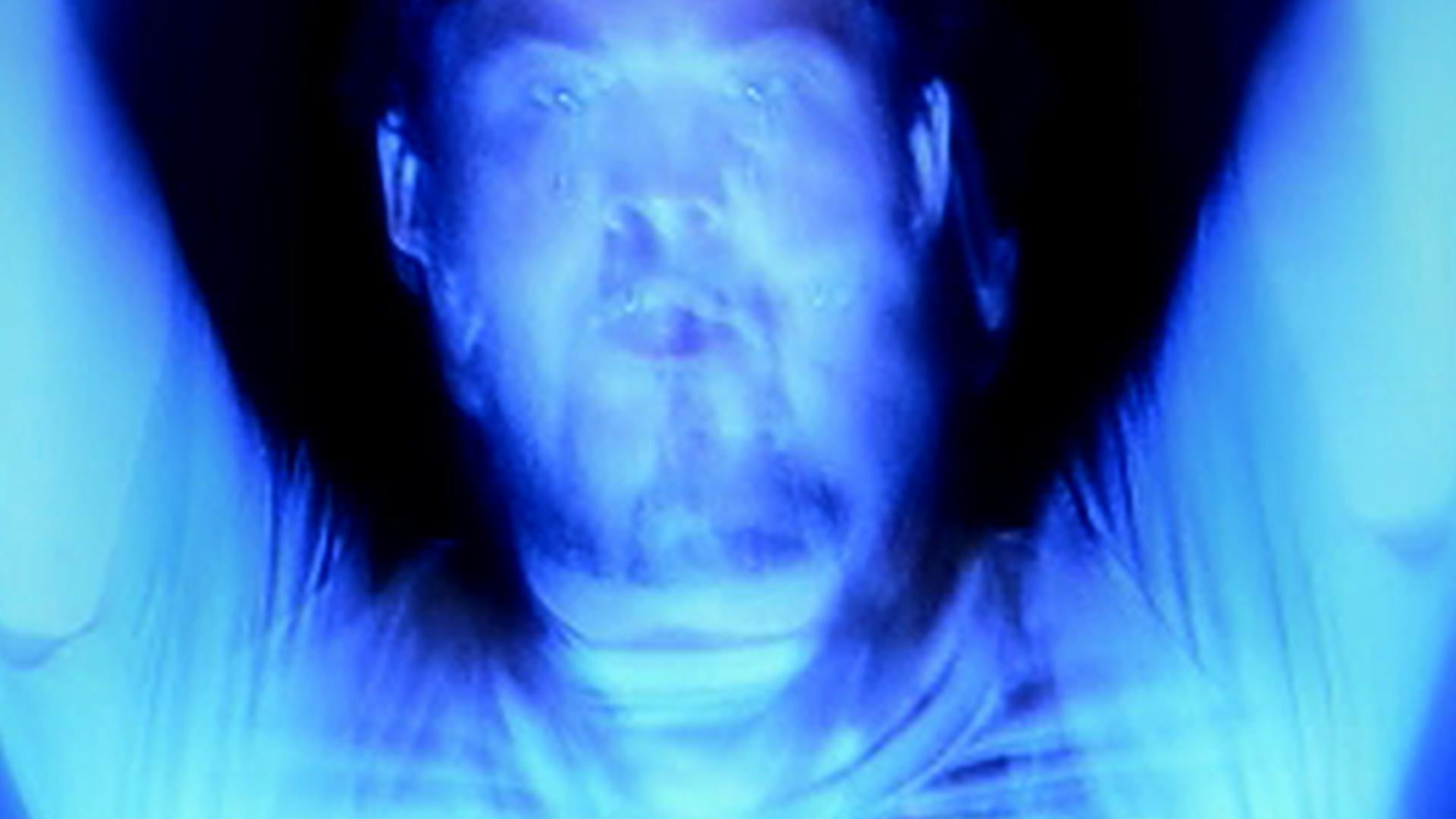(first published in Pacific Meridian Film Festival Daily)
Andrey Zakharyev: Every birthday your father said that he was 27. How old are you? What age do you really feel?
Mike: Apparently my father’s insistence on being 27 was shared by fringe movie godfather Jonas Mekas, and no doubt many others. I passed that benchmark many years ago, meaning I am older than time itself. Most mornings I feel like a ghost, haunting and inhabiting this temporary body.
Andrey: How did you choose the form and construction of this film?
Mike: My friend Catherine taught me that narrative doesn’t need to be a story at all, but can live as a structure, sometimes as simple as: the passage from day to night – that’s already a narrative, one of the oldest. My father’s forever young self-mythology (or was it the dread of growing old?) provided the structure – moments of his life are laid out in 27 small chapters.
Andrey: How did you select the stories about your father and family? I suppose there were much more of these stories?
Mike: The script wrote itself the day after he died. Even to use a word like “selection” seems alien to the process. It felt more like transcription.
Andrey: Working on the film what did you understand about your father that you might not have understood before?
Mike: He had witnessed events in my life that I was too young to recall, and as his memory slowly dissolved, we both watched our pasts recede into darkness. It never troubled us. We had only this moment together, that was enough. He died easily and without resistance. In other words, he was ready, and that readiness called to us.
Andrey: Was it difficult to find footages for the film? What kind of stories from these 27 were especially difficult to illustrate?
Mike: I hadn’t shot so much with my dad over the years, so I used everything available, including recent visits to the nursing home, even the day he arrived there. There’s a move from my childhood home, a basement interlude with my brother where they’re fixing my optical printer (!), and a sunny afternoon where he reads the paper. There was an archive of paper prints, and the rest was filled in via found footage. As if the most important parts of our lives, even our memories, belong to others.
Andrey: I’ve read an interview where you quote filmmaker Fred Pelon who said that “as we grow older, we become our fathers”. Do you feel you are becoming your father?
Mike: Oh yes. Just like Hamlet.
Andrey: Have you ever made sure that many important things in life could only be decided by accident?
Mike: Accidents are map and compass both. Why choose when the chance encounter is always placing you at the intersection? I’m working on a mini-portrait of my pal Jorge because a friend asked for movie cake. I literally “found” a severely glitched copy of Amira Baraka’s iconic Dutchman and couldn’t resist marrying it with Hilton Als’ White Girls, a Godard interview I stumbled across became Credit Card (made of stills), and a recent French visit turned into After Victory Day.
Andrey: I saw that you are called one of the most important Canadian avant-garde filmmakers since Michael Snow. Have you ever tried working with more traditional forms and genres?
Mike: I made a pair of failed no-budget experimentalist dramatic features in the early 90s. Then followed up with a wordless post-porn reverie of transgressions, which put me back on track.
Andrey: You made Fringe Online, contributed to The Independent Eye magazine and, in general, did a lot for the development of Canadian cinema. How is your industry developing now?
Mike: The fringe isn’t an industry but a vocation, a calling. I think artist’s movies continue to rely on volunteerisms and one-night stands, temporary shelters and the kindness of strangers. I try to be one of those strangers. I’m just finishing my 29th book now, this one about Toronto-based media archaelogist and arch formalist Christine Lucy Latimer.
Andrey: You visited Russia and even made a film WAX MUSEUM in Saint Petersburg. Could you tell something about the film?
Mike: The short film unfolds in fifteen episodic master shots, offering a city portrait/symphony (perhaps a city quartet?), made in collaboration with luminous artist Alena Koroleva. The movie’s deep background is the precarious, post-glasnost moment in your country when capitalism arrives, when robber barons converted former communist structures into personal fortunes. The film follows a woman who leaves her old relationship, her old identities, behind, and sets off in order to find even a hint of new freedoms. What she encounters are phantoms, human animals, faces rent with kindness and delirium, madness, police children beating up the wisest people in the city.
Andrey: Did Russia seem to you to be a country rich in themes and plots?
Mike: Russia is fathomlessly deep, an endless fascination. So many hands and faces. An alternating current of fear and awe.
Andrey: What kind of movies and directors did you grow up on? What shaped you as an author? Could you call yourself a cinephile, how much movies do you watch and how do choose them?
Mike: I didn’t grow up on movies, I read books. Simone de Beauvoir, Ralph Ellison and Jean Genet were early touchnotes. I never belonged in the movies, that’s why it took me so long to learn how to make them. Now movies are my landscape, neighbourhood, home. I don’t know if I watch more than the average Youtuber though, isn’t everyone a short movie maker and cinephile these days?
Andrey: Could you name the main trends of your national cinema?
Mike: I’m only absorbing the fringe, the rest may be the most significant and widely viewed, but it’s a mystery to me. What to say about the minor cinemas here? There are artists making personal work, emulsion fetishists, transgressive identity creatures, queer fabulations, and fantastical travelogues.
I don’t know how it sings in Russia, but here what is often named as “experimental” is maximally conservative, ironically we’ve seen all these brand new movies before. As if artist’s movies belong safely inside a genre. Mercifully, there are other currents at work: the weirdos, the ones that don’t fit anywhere, the doc hybrids, that’s what keeps cinema alive.



